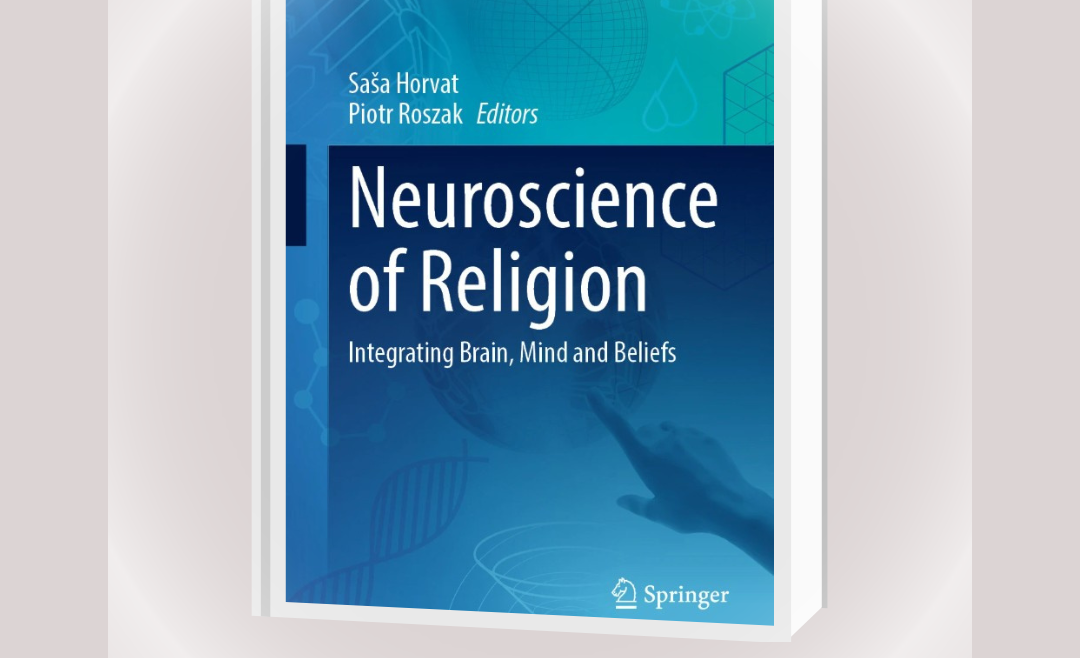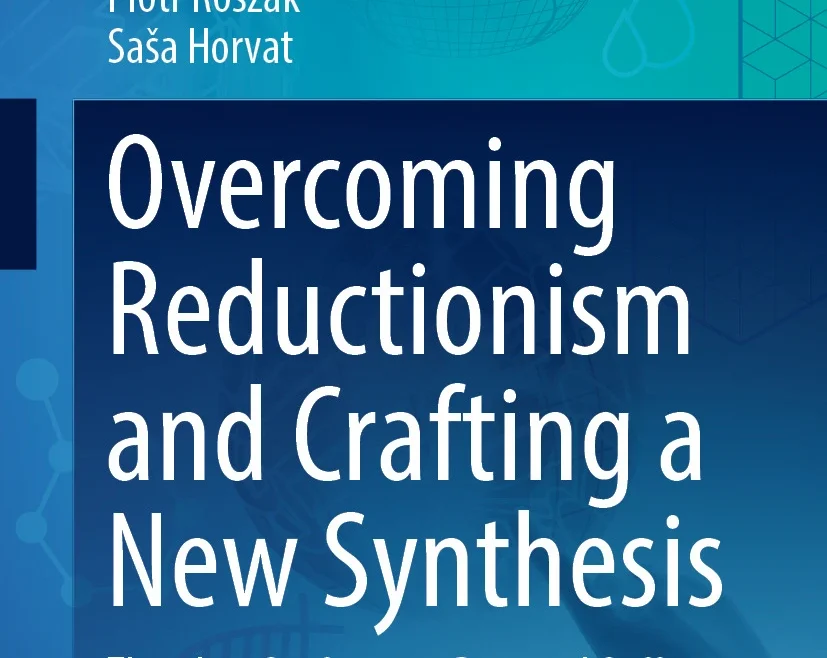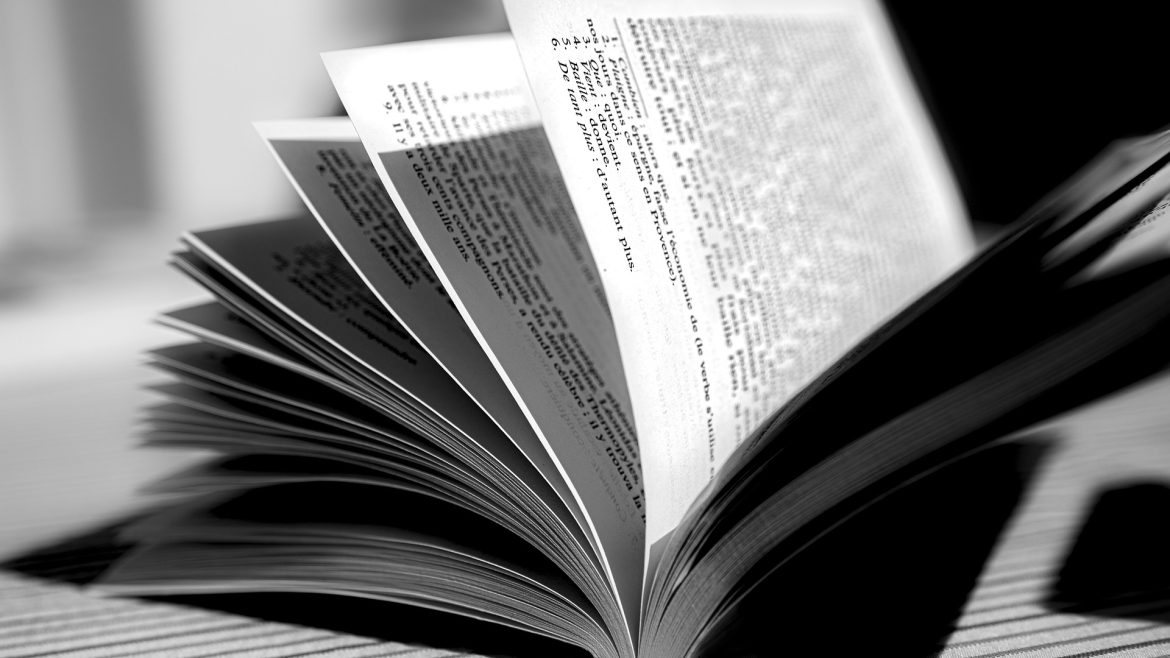New Publication: Neuroscience of Religion. Integrating Brain, Mind and Beliefs 🧠✨
New Publication: Neuroscience of Religion. Integrating Brain, Mind and Beliefs 🧠✨
We are pleased to announce the publication of Neuroscience of Religion. Integrating Brain, Mind and Beliefs — a groundbreaking volume at the intersection of theology, philosophy, and the natural sciences. Edited by Prof. Saša Horvat and Prof. Piotr Roszak, the book brings together leading scholars to explore how contemporary neuroscience reshapes our understanding of religious experience, belief, and human self-understanding.
Importantly, this volume is the fruit of the 2024 conference held in Rijeka, organized within the framework of the John Templeton Foundation project — a milestone event that brought together experts from across scientific and humanistic disciplines.
A Bridge Between Brain Science and the Study of Religion
The book offers a clear and engaging introduction to the rapidly developing field of the neuroscience of religion. It shows how scholars in the humanities can meaningfully engage with empirical data and scientific methods, without losing sight of philosophical and theological depth.
Throughout its chapters, the volume demonstrates:
-
how neuroscience influences philosophical and theological inquiry,
-
how these disciplines in turn shape the interpretation of scientific findings,
-
and how interdisciplinary dialogue can enrich both scientific research and religious understanding.
Interdisciplinary Contributions
With contributions from specialists in neuroscience, cognitive science, psychology, philosophy, and theology, the book provides a rich platform for examining how empirical research can illuminate the nature of religious experiences, the structure of belief, and the psychological and biological dimensions of spirituality.
Why This Book Matters
This is a must-read volume for researchers in religious studies, philosophy, theology, and neuroscience, especially for those seeking to broaden the horizons of their work by engaging in interdisciplinary approaches. The book highlights both the potential and the challenges that the natural sciences pose to theology and philosophy of religion — offering a nuanced, constructive, and intellectually stimulating dialogue.


